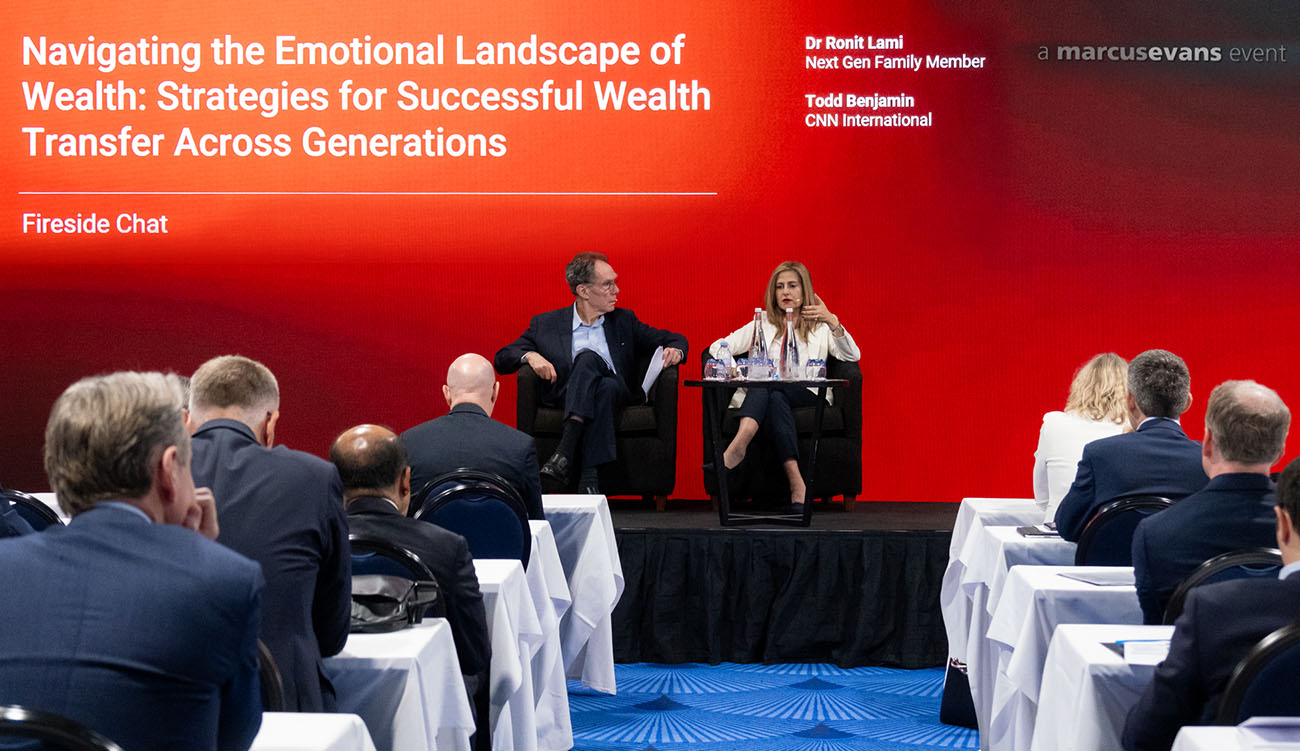The concept of the “heir” and “spare” is not limited to royal families and is also common in family businesses, where a backup to the first-born heir is desirable. In Prince Harry’s recent book, Spare, he discusses his role as the spare and the constraints of the other family member’s roles that led to family dysfunction. The situation led to resentment and conflicts among family members, leading to Prince Harry’s departure from his senior royal role.
In my work, helping families with non-financial matters of transfer and succession planning, family dynamics, legacy, and relationship. I have noticed that many families tend to base the successor on birth order or gender, rather than skills and capabilities, regardless of how harmful it can be to the family’s success.
Avoiding Sibling Rivalry in Succession Plans
The idea of succession planning is not new. Recent attention has been placed on the subject, particularly in family businesses. Issues like sibling rivalry, gender bias, and birth order predetermining the heir rise in such planning. Sibling rivalry is natural, particularly in families involved in business together.
Many situations can create conflict: a sibling not chosen as the leader might feel undervalued. They might also experience feelings of disrespected boundary, or unfair distribution of responsibilities. A lack of credibility can also lead to resentment towards their situation or family.
However, proper preparation and planning, communication, and healthy and strong relationships between family members, can help minimize these emotions.
In some cases, parents may predetermine the heir, which can lead to conflicts and resentment. I advise parents to sit down with both siblings individually. Together explaining the why and how of the decision. The aim should be on encouraging both siblings to work together and collaborate as much as possible without feeling less or more than the other. I also recommend that parents seek guidance on how to conduct these conversations because most are not skilled in delivering them well.
Gender Bias in Succession Planning
Gender bias is another issue that can arise in succession planning. I recommend that families establish clear roles and responsibilities and ensure that each family member involved in the succession plan knows their role and responsibilities. As well as getting the necessary skills and training to fulfill them. Creating a family governance structure can also help facilitate communication, decision-making, and conflict resolution. Finally, it’s important to remember that succession planning is not just about the transfer of wealth and power, but also about preserving the family legacy and ensuring that it endures for generations to come.
Final Words
Effective communication, planning, and conflict-resolution strategies are essential to manage sibling rivalry and avoid some of the common pitfalls in family business succession planning. By taking a proactive approach and seeking professional help when needed. Families can build successful succession plans that benefit everyone involved and create a legacy that sustains itself for generations to come.




